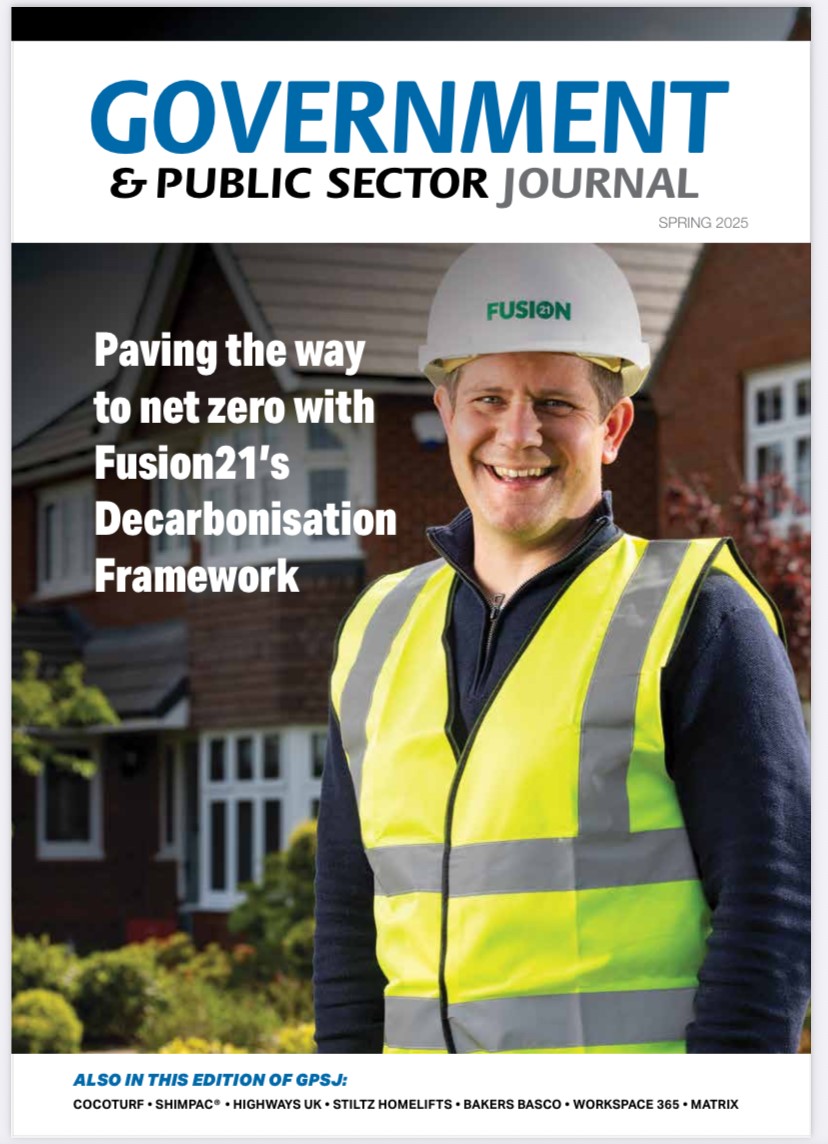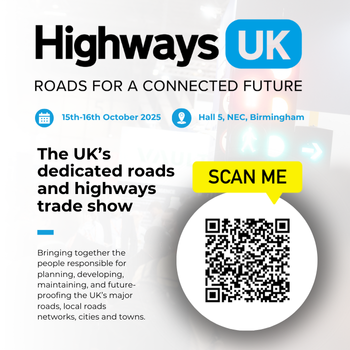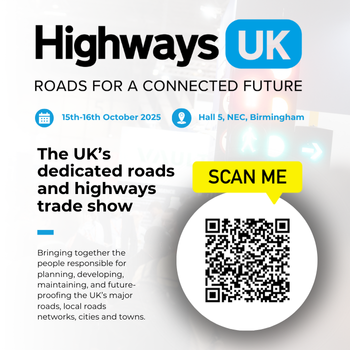‘The consulting culture that costs taxpayers £100m a year’ declares the Times headline – ‘consultants earn more than the Prime Minister’ the article goes on to proclaim. The implication is clear, the public sector is squandering taxpayers’ money and it’s a disgrace! How can the consultancy profession defend such accusations especially when times are tough?
The proposition that consultants need to justify value when times are tough implies they do not when times are good; a fundamental flaw in the argument I fear. Coming from the school of consultants that carries out client work only when value is clear and outcomes are agreed upfront I have to say, in certain cases, the whole accusation is fully justified. I recall my first ever line manager’s wise words when he told me just ahead of a tricky wage negotiation ‘we get the industrial relations we deserve’. I fear the same sentiment can be applied to the consultancy market.
I hail from the school of consultants that believe the prime role of any consultant is to help clarify, specify and then deliver value in a way that ensures the client does not need consultants anymore. With everyone watching costs, the value and role of external consultancies are quite rightly being brought into question. However, organisations who select the right type of consultancy can reap great rewards in both the short and long term.
In today’s debt laden economy, public sector organisations across the spectrum have a fundamental challenge to face up to, one that cuts to the core of their paradigm, they need to become more ‘commercial’. Consultants who are already steeped in this paradigm can play a key role in this transition, adding great value helping leaders challenge and change well embedded habits and dissolve nonsensical ritualistic behaviours that seem to flourish in many organisations. An example of such habits is the ‘information transmission’ culture which clutters the inbox of all leaders and managers in the public sector. Simply learning that transmission of information is no substitute for authentic communication will save the taxpayer millions! This, followed by a brutal attack on meetings that clutter the diaries of most leaders and are run in way that everyone who attends admits wastes valuable time and energy is yet another example of what can be changed.
Truly independent consultants who have developed a trusted advisor status may be among the very few who can confront senior executives in public sector roles with some home truths and give them insights into where in their organisation the real challenges lie. The facilitation skills from an experienced and credible consultant along with the ability to engage people, frame discussions, referee disputes and distil them to their essence to evoke positive intent is where the real value is added. The lack of trust that has spread throughout many public sector organisations and is surfacing at an alarming rate now the pressure is on can be traced back to the way leadership is deployed. It will take an outsider with no agenda other than improvement to point this reality out.
Experienced consultants challenge the ‘assumptions’ which many public sector organisations believe are unassailable truths. The fact is, consultants that come from outside the public sector paradigm have a real advantage. It allows them to ask impertinent questions; to challenge in a way that would simply never occur to people embedded in the organisation.
Another key value some external consultants provide is becoming a catalyst for ‘adaptive’ change. All change has a technical aspect, for example systems implementation, process and procedural improvement, effective purchasing; managing costs etc. However, if an organisation is doing these transactional processes ineffectively, then this is usually more of an ‘adaptive’ issue than a technical issue. In other words the processes may be fine, the way they are being applied is the real issue. This is where suitably qualified external consultants really earn their corn.
Importing technical skills into a public sector organisation is a relatively easy decision. If the required skills do not exist in-house and the skills needed are temporary then the decision to employ consultants on fixed term, outcome focused assignments should hinge around the ROI (return on investment). The watch out being to beware open ended commitments linked to projects that are simply too long and too complex to effectively manage. The price of these technical skills has reduced in recent times as they are becoming commoditised so now is a good time to buy!
The decision to import external ‘adaptive’ skills is a far harder decision to make however. Often leaders who make these decisions are ‘unconsciously incompetent’ in that they do not know what they do not know. It is a brave leader who admits their leadership team may be facing a challenge they have never faced before and the only thing they really know is the way they have worked in the past will not work and they need to change. Turning to consultants already soaked in the public sector operating culture is not the answer here, as by definition they are specialist in the same paradigm and unlikely to challenge or change it.
Finally, all senior leaders need a confidential sounding board. Senior leaders often can’t confess their doubts or uncertainties very readily, as to do so with their peers or direct reports, could impact on their overall credibility as a leader. So, having a confidante whose agenda is their own success (this is ultimately how a consultant should be assessed – supporting the legitimate success of their clients), someone with whom they can vent, try out ideas, get a sanity check, can be a huge benefit.
While organisations may be looking at the cost of their professional support, the value of their consultants during these times is the key. A high quality, experienced consultant can deliver real value in these current times, and give hope to a brighter future.
Malcolm Follos
Managing Director
Sensei UKE








Recent Comments